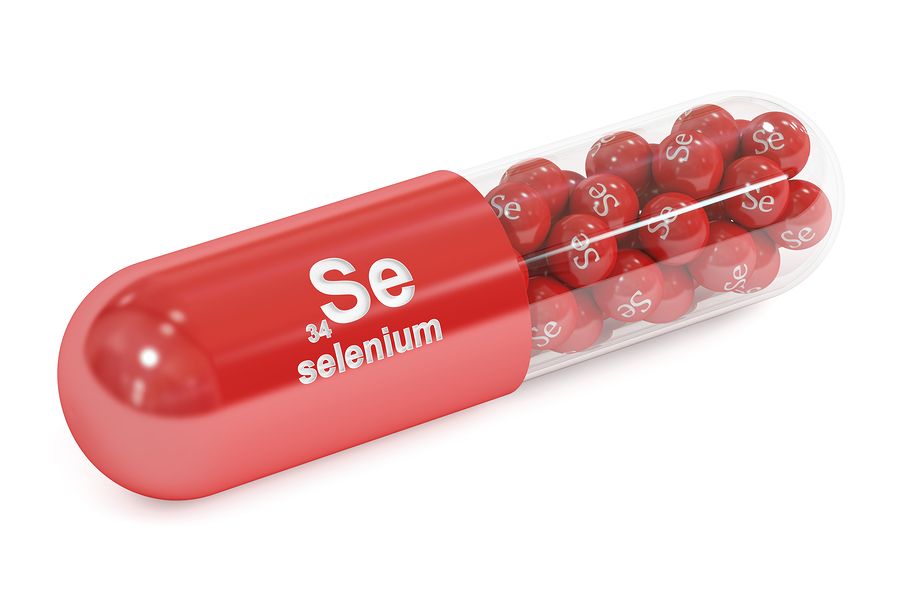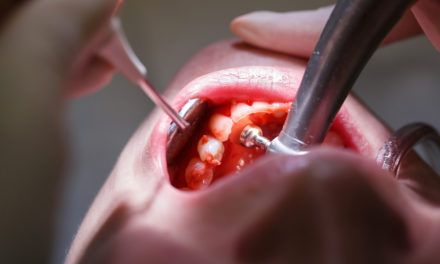A small, double-blind, placebo-controlled study published in the American Journal of Clinical Nutrition (2004;80:154- 162) looked at immune markers in 66 men and women who were given either a placebo, 50 mcg of selenium, or 100 mcg of selenium per day. All of the subjects had low serum selenium at the start of the study. The serum selenium increased in the subjects receiving the supplement. Taking selenium also improved cellular immune response; it increased production of immune chemicals like interferon gamma and other cytokines. It also increased T helper cells (a type of lymphocyte, a white blood cell).
The subjects receiving the selenium also had improved handling of viruses with less cell mutation. The viral cell mutation is an important issue. According to research appearing in the June 8, 2001 issue of FASEB J (Federation of American Societies for Experimental Biology Journal), harmless viruses can mutate into a virulent form if their host is selenium or vitamin E deficient.






